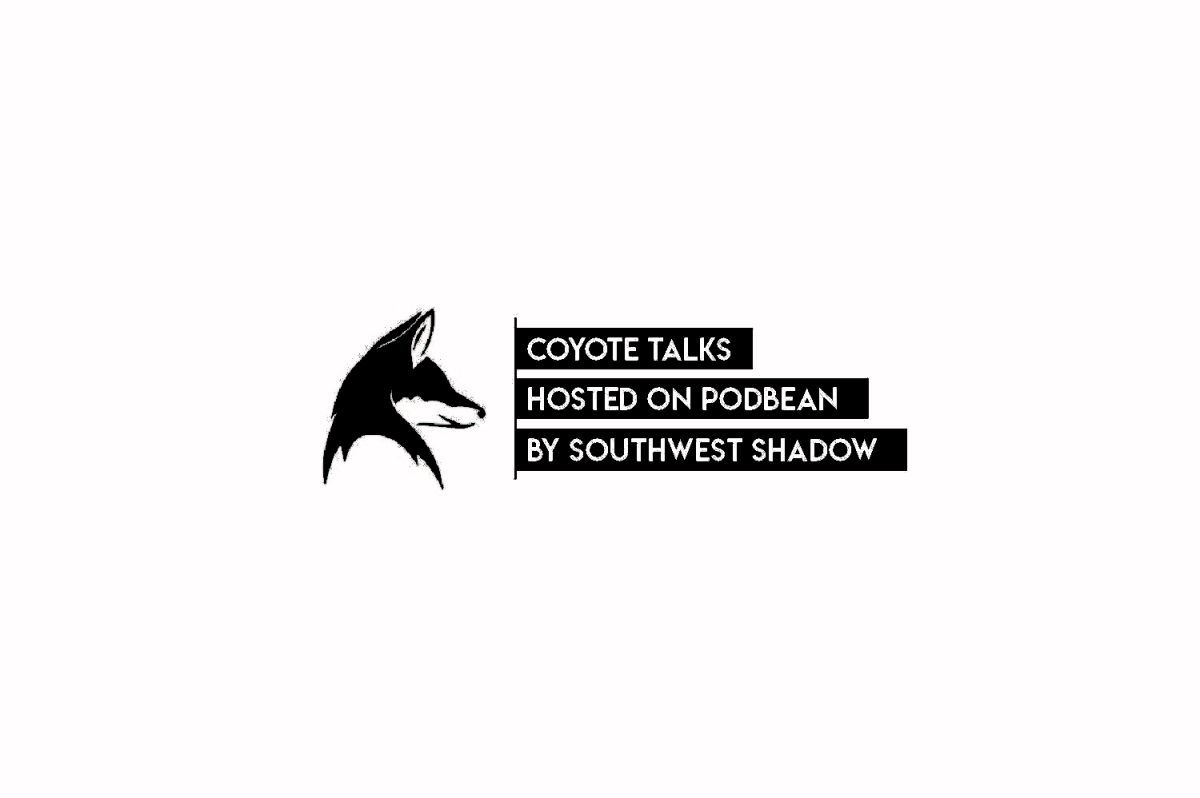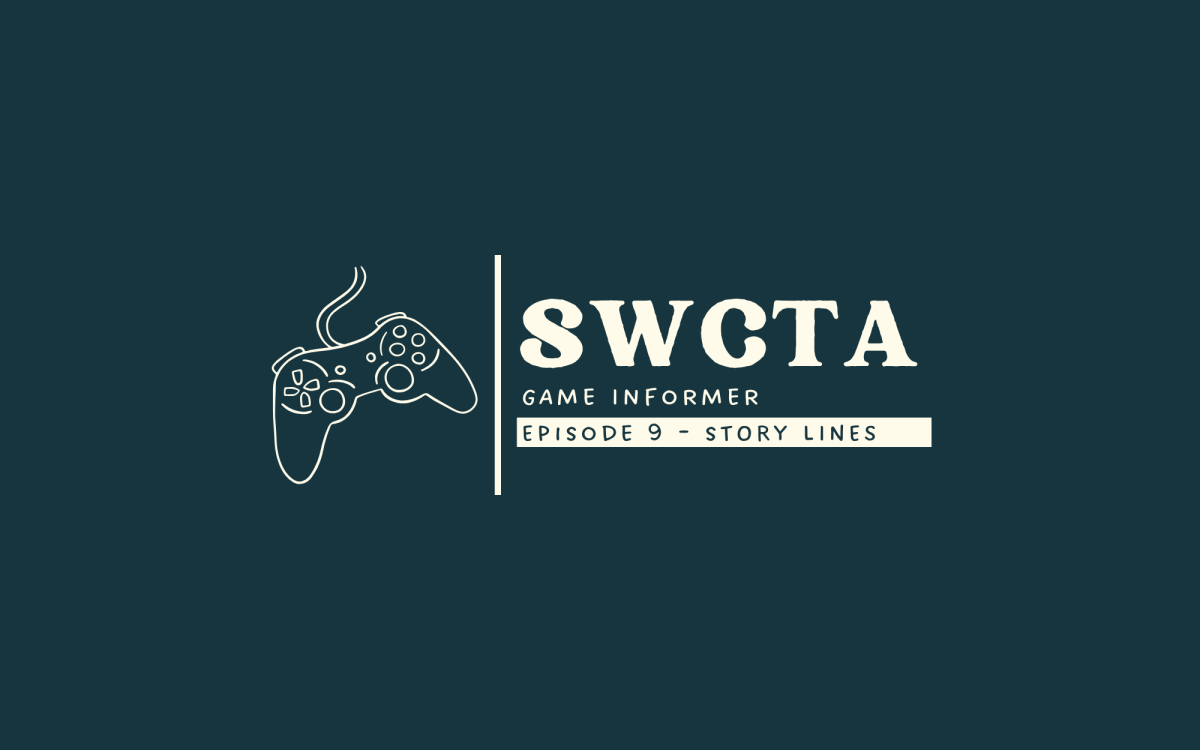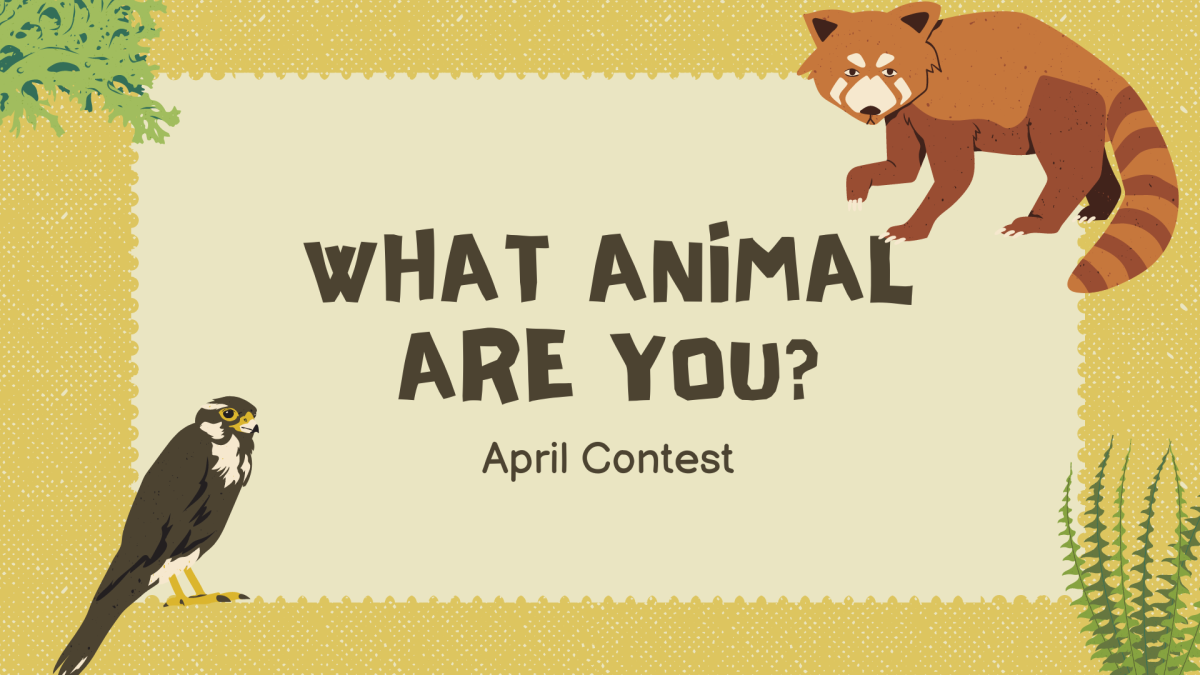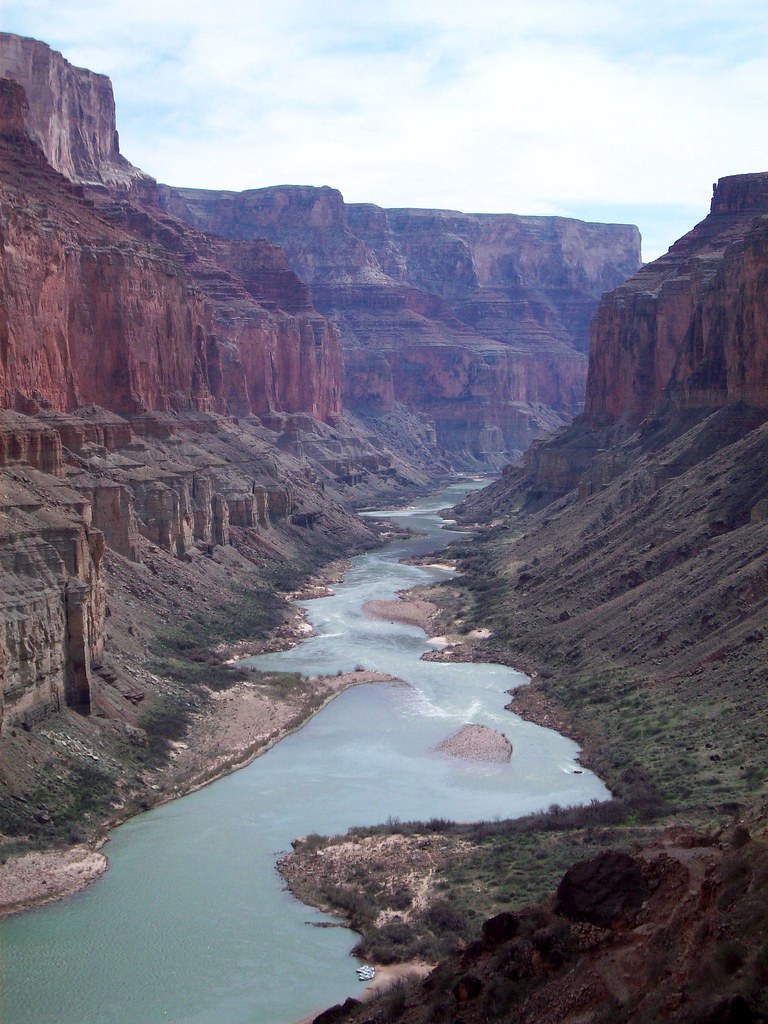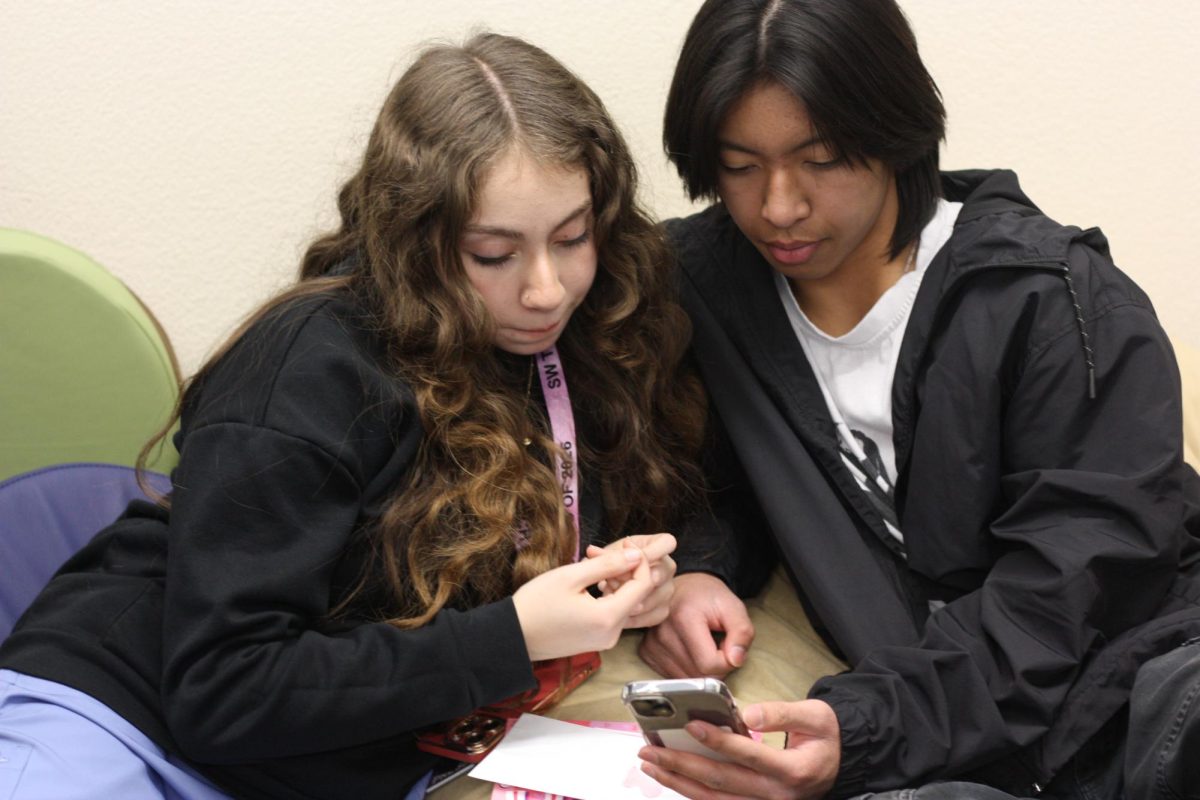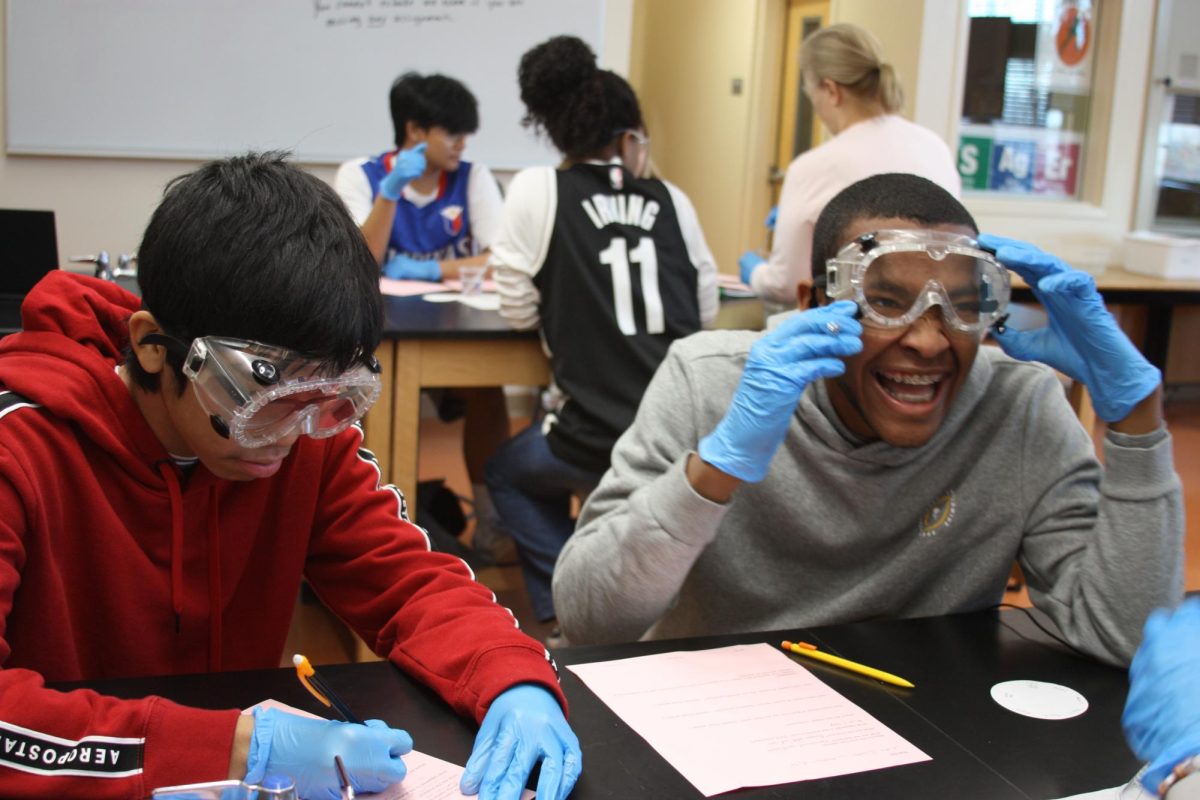Curled around your phone, face only illuminated by the dim blue light of your phone screen, clicking yourself into an endless void of Reels, videos, and likes. Click after click, like being led deeper into a dark and vast forest of user-curated content.
One moment you might be watching a satisfying video of someone chopping up slime and then you might stumble across a horrifying video of someone chopping off a head. How often are we only a click away from something disturbing? Should we have to live in fear of seeing something we can’t unsee?
According to a poll conducted by Hans Kaiser and Associates/Hart Research last November, three-fourths of voters blamed social media platforms for adolescent’s declining mental health in the past 20 years. As we have new generations that grow up on a digital playground, we have to ask, is that playground safe enough?
Congress does not think so. They are currently on the verge of making major revisions to the Kids Online Safety Act (KOSA) which passed through the Senate in July 2022. The revised KOSA bill will require social media apps to be more strict with regulations and restrictions for minors on apps including Facebook, Instagram, Snapchat, and others. The restrictions include requiring government-issued age verification, disabling data collection on minors, not allowing algorithms to present curated content, automatically placing minors on the most restrictive settings, censoring content deemed offensive or harmful, and requiring parental consent before making an account.
“I think [the KOSA bill is] helpful because there’s a lot of underage kids on internet platforms and parents just don’t care enough to monitor that,” sophomore Elias Pontillo said. “There being age restrictions would help them grow up a lot more innocent than our current generation.”
The bill revisions drummed up bipartisan support with 84 percent of Republicans, 92 percent of Democrats, and 81 percent of independents in favor of it according to Hans Kaiser and Associates/Hart Research.
“This could be great especially for the youth because there are literally videos of people getting decapitated online and the youth are consuming this as if it’s just day-to-day life,” sophomore Kenna Key said. “I just think that that’s kind of disgusting and it’s forcing kids to grow up.”
Despite overwhelming support however, hundreds of human rights groups oppose the bill. According to a report by R Street, “Opponents say KOSA would result in the collection of sensitive data on both children and adults, violate the First Amendment, impose legal mandates that are inherently unenforceable, and significantly limit the ability for children to access and benefit from the internet”. Major concerns over communication reach and censorship may hinder the bill revisions from passing the Senate.
“The LGBTQ community would suffer. There are a lot of them who live in places where they can’t talk to anybody about their life and their love because they will literally get bullied, harassed, or even beaten up,” sophomore Kenna Key said. “But at the same time I feel like we’ll just figure it out because as of right now I think honestly it can be contributing to mental health issues really negatively.”
Data and privacy concerns are a prevalent issue. Requiring age verification would not only be difficult to enforce, but by putting that information on the internet, it could harm children in terms of security.
“Imagine that some kids want to go on Instagram for some reason and they require an ID so they use their parent’s ID. Their parent’s identity could be stolen,” freshman Rheyland Simon said. “I feel like [the government] shouldn’t determine [what’s harmful], because it depends on who watches it and how they feel about it.”
Despite the bill working to protect the safety of children, most of its opponents are the people the bill would be affecting.
“I feel like the government shouldn’t be fiddling around with what’s going on. I think that should be more up to private businesses,” senior Ozuhakachi Akarolo said. “If anything, I think it’s important that kids get shielded, but I think that’s mostly up to their parents. If you shield them for too long, they’re going to want too much of it when they get access to it.”
Others think the restrictions being proposed are too strict. According to the Ctrl Care Behavior Health group, in 2023 around 90 percent of teens are using social media.
“From my own personal experience, I found out about a lot of adult topics from my own peers in elementary,” Simon said. “I feel like [KOSA bill] should just be for kids ages zero to twelve, because after that I think you will be able to understand how the world works.”
“I think some level of responsibility is warranted because these CEOs of these companies have a lot of power and control over what their algorithms are, how their platforms are being designed and used,” Social Studies teacher Joseph Juliano said. “A lot of them are just, like most CEOs, out to make a profit.”
Many people believe the CEO’s shouldn’t be held accountable and the Big Wednesday Tech meeting could affect the outcome of the KOSA bill revisions.
“Like the hot chip challenge and the kids who died. A trend like that should be on TikTok because it’s a trend, TikTok can’t necessarily control every single video posted on that and that could also be limiting to speech for the people who originally posted it and they’re doing it,” Akarolo said. “The deaths should really be blamed on the people who started it or maybe even the parents who let their children attempt it.”
However, Congress has yet to determine who will discern the harmful and inappropriate from the helpful and appropriate. Concerns of political manipulation and double agendas make supporters concerned about the actual content being censored.
“I feel like it’d just have to be just a board of a ton of different people,” Kay said. “Because obviously there are people passing the laws, but there are also people who know more than them, so it has to be a board of parents, experts, and social workers too. People who have seen firsthand what social media does to kids.”
Congress is taking opponents and supporters’ opinions and criticism into consideration as it continues to make revisions to the bill.
“The whole concept of social media is freedom of the people to really express themselves publicly through private means,” Akarolo said. “I get that they’re trying to protect kids or certain groups but I feel like it’s not necessary to limit freedom of speech. It gives a little too much power to private businesses and specifically the government.”

